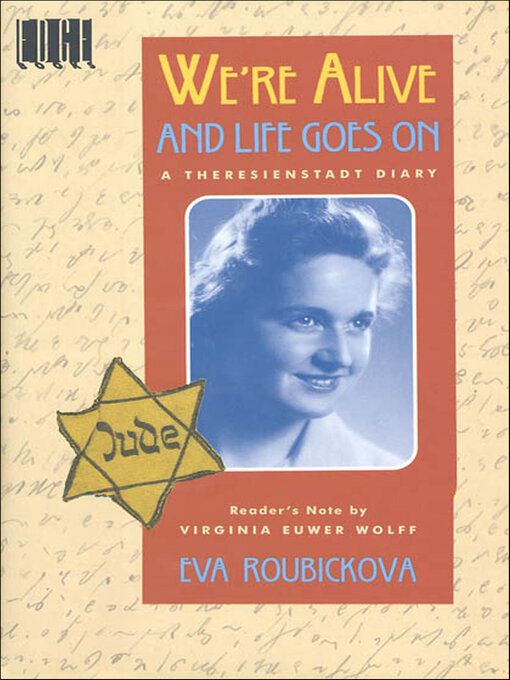"It's a terrible feeling to see the fate of thousands of people dependent on a single person. . . . It seems like a mass judgment to me: life or death."
On December 17, 1941, twenty-year-old Eva Mándlová arrived at the Nazi's "model" concentration camp, Theresienstadt. From that day until she was freed three and a half years later, she kept a diary. At times sweet and personal, at times agonized and profound, Eva is a human voice amidst inhuman evil.
Through Eva's eyes, the camp sometimes "even resembles normal life," as she makes friends and talks with Benny, or Egon, or Otto. But at any moment, anyone may be "selected" for a transport to "Poland." No one ever returns from "Poland."
Never before published, Eva's diary is a true-life Sophie's Choice in which each day brings impossible decisions. As a Gentile man inexplicably helps her, Eva must decide who should share her bounty. As close friends and loved ones are sent away, she has to decide, over and over again, whether to ask to join them on their final journey.
- All Fiction
- Available Now
- Romance
- Mystery & Thrillers
- Literature
- Historical Fiction
- Hard SciFi
- Science Fiction & Fantasy
- See all ebook fiction collections
- All Nonfiction
- Available Now
- Biography
- History
- Cooking & Food
- Business
- Self-Improvement
- Health & Fitness
- Popular Science
- See all ebook nonfiction collections

